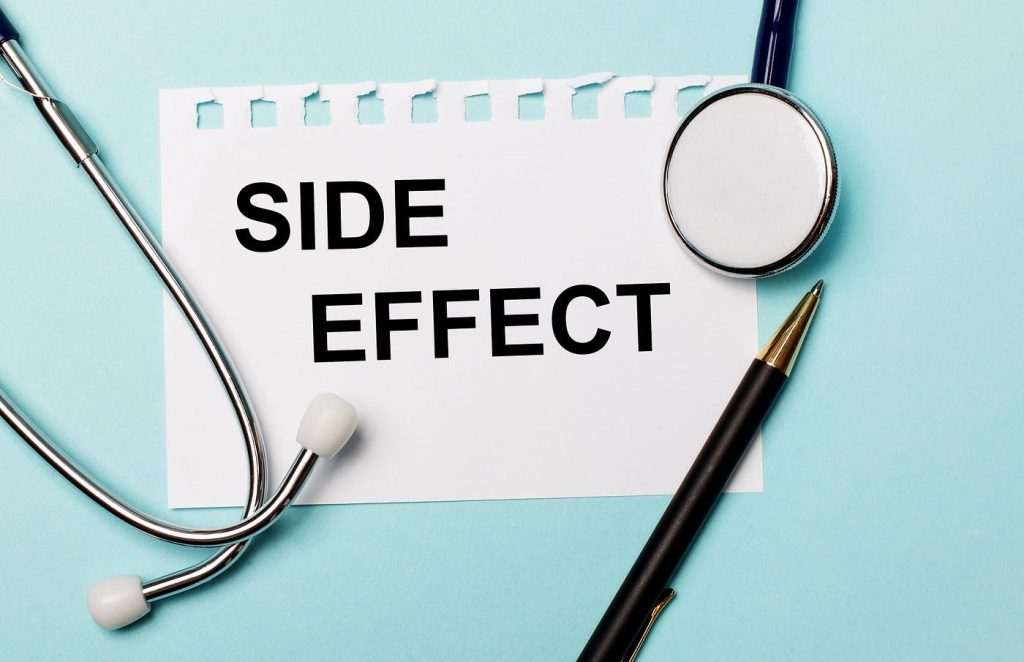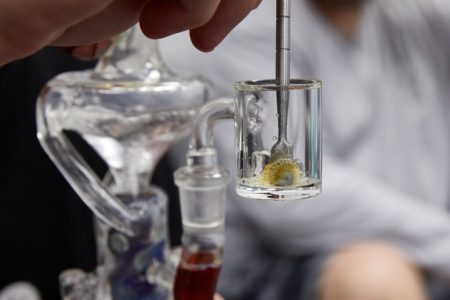In recent years, Trulicity, a popular medication used to treat type 2 diabetes, has been the subject of legal scrutiny due to alleged adverse effects experienced by some users. This article delves into the ongoing Trulicity lawsuit, providing a comprehensive overview and essential information for those impacted or interested in the case.
Understanding Trulicity and Its Purpose
Trulicity (dulaglutide) is an injectable medication prescribed to help control blood sugar levels in adults with type 2 diabetes. It belongs to a class of drugs known as GLP-1 receptor agonists, which work by stimulating insulin production in response to meals, thereby lowering blood sugar levels.
Emergence of Legal Issues
Despite its efficacy in managing diabetes, Trulicity has come under legal scrutiny due to allegations that its use has led to severe side effects in some patients. These alleged side effects include but are not limited to:
- Pancreatitis: Inflammation of the pancreas, which can cause severe abdominal pain, nausea, and vomiting.
- Thyroid Cancer: Reports suggesting an increased risk of thyroid tumors and cancer among long-term users of GLP-1 receptor agonists.
- Kidney Problems: Instances of acute kidney injury or decline in kidney function have been reported.
Initiation of Lawsuits
The legal actions against Trulicity’s manufacturer, Eli Lilly and Company, primarily focus on claims that the company failed to adequately warn patients and healthcare providers about these potential risks. Plaintiffs argue that had they been properly informed, they might have chosen alternative treatments or monitored their health more closely.
Key Allegations and Claims
Several key allegations have emerged in the ongoing Trulicity lawsuits:
- Failure to Warn: Plaintiffs allege that Eli Lilly and Company did not sufficiently warn consumers and healthcare professionals about the potential risks associated with Trulicity.
- Negligence: Claims of negligence suggest that the manufacturer failed to conduct adequate testing or research to identify and disclose all potential risks associated with the medication.
- Design Defect: Some lawsuits argue that Trulicity has an inherent design defect that makes it unreasonably dangerous for its intended use.
Current Status of Litigation
As of [current date], the Trulicity lawsuits are ongoing, with cases consolidated in multidistrict litigation (MDL) to streamline the legal process. MDL allows similar cases from across the country to be heard by a single judge, promoting efficiency in handling complex litigation.
Legal and Medical Implications
The outcome of the Trulicity lawsuits could have significant implications for both the pharmaceutical industry and patients using similar medications. Depending on the findings and settlements, it may lead to changes in how medications are tested, marketed, and monitored for safety.
What Should Patients Do?
If you are currently taking Trulicity or have taken it in the past and are concerned about its potential side effects, it is crucial to consult with your healthcare provider. They can provide guidance tailored to your specific health needs and advise you on any necessary monitoring or alternative treatments.
Conclusion
The ongoing Trulicity lawsuit underscores the importance of transparency and thorough testing in the pharmaceutical industry. Patients and healthcare providers alike should stay informed about developments in the case to make well-informed decisions regarding diabetes management and treatment options. As the litigation progresses, continued attention to medical updates and legal proceedings will be essential for all stakeholders involved.











